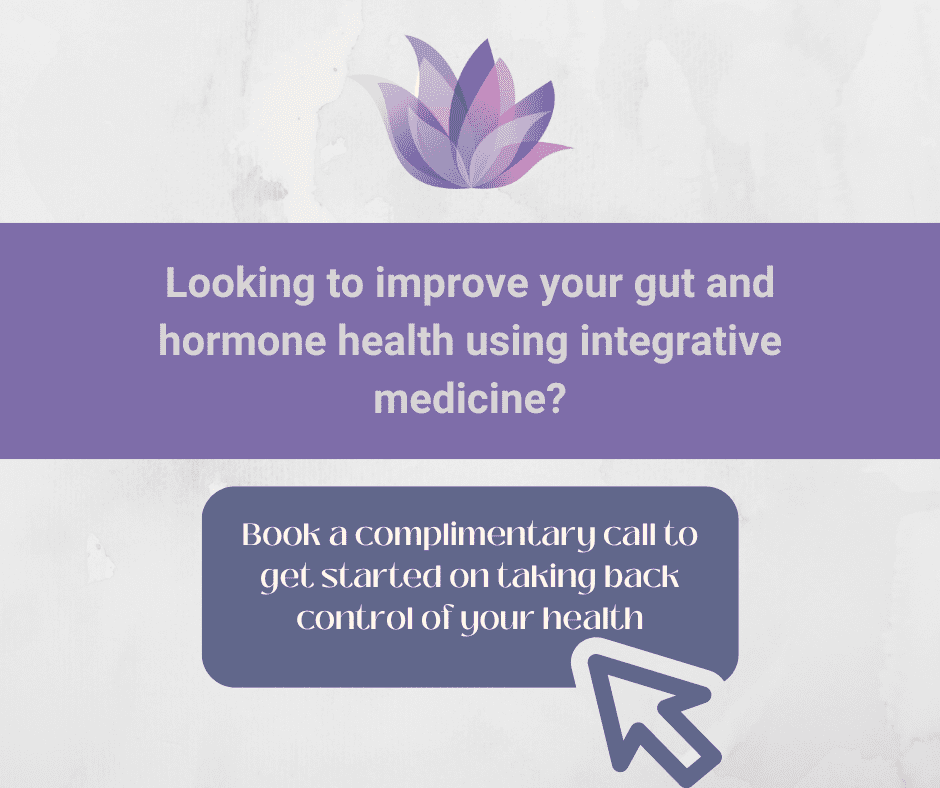What is gratitude? Why is gratitude so crucial to becoming healthy?
Gratitude is an emotion expressing what we are grateful for. It is independent of monetary worth or assigned value but found within.
I was always a skeptic when others told me that this was essential for optimal health. I must admit I have never been described as the soft, contemplative type. But my journey to achieving better health has allowed me to see that a healthy mindset is one of the pillars of health.
Diet, Lifestyle, and Mindset.
The Science Behind Gratitude
There are several health benefits to practicing gratitude. “The practice of gratitude can have dramatic and lasting effects in a person’s life,” said Robert A. Emmons, professor of psychology at UC Davis and a leading scientific expert on the science of gratitude.
The way it benefits hormone health is by decreasing the stress hormone cortisol. Cortisol is the primary driver of inflammation and insulin resistance, wreaking havoc on many hormonal conditions such as PCOS, endometriosis, and peri-menopause.
I will focus on 5 of the benefits that improve hormonal health. The data described below are from the studies of Dr. Emmons.
5 Benefits of Gratitude For Hormone Health
Increased Happiness
A study recently demonstrated that writing a letter of gratitude reduced feelings of hopelessness in 88 percent of suicidal inpatients and increased levels of optimism in 94 percent of them. It works by raising your healthy hormones like dopamine and serotonin, which reduces depression. Dopamine and serotonin are neurotransmitters released by the brain and are considered the “happy chemicals.” Many medications for depression/anxiety work by increasing the levels of these chemicals.
Balance Blood Sugars
People who practice gratitude have between 9-13 percent lower levels of Hemoglobin A1c, a key marker of glucose control that plays a significant role in managing diabetes. This habit is crucial for women with PCOS to balance blood sugars, reduce insulin resistance, and prevent diabetes.
Better Sleep
Gratitude is associated with up to 10% improvement in sleep in those with chronic pain. And those with insomnia have seen up to 80% improvement in their symptoms.
Reduced Depression
Practicing gratitude improves serotonin and oxytocin levels. These are our “happy hormones” and elevate our mood. Women with PCOS are much more likely to have anxiety and depression than women without PCOS. So this is an excellent tool for decreasing anxiety and depression naturally. Two gratitude activities, counting blessings and writing letters, reduce depression in at-risk individuals by 41%.
Reverse Metabolic Dysfunction
People who practice gratitude daily have lower bad cholesterol (LDL), higher good cholesterol (HDL), and lower blood pressure. Their metabolic profile improves and this prevents long-term complications from chronic diseases like diabetes, heart disease, high blood pressure, and high cholesterol.
Let me show you an example…
I have a client that struggled with weight loss. She ate right and exercised daily, but then one slip up would derail her for a few days. She would say to herself, I messed up, so the whole day is shot, and I might as well eat bad the rest of the day. The problem was that she felt terrible the next day and told herself that she felt awful and shouldn’t start getting back on track yet. It was a cascade that was hard to break.
We worked on changing her mindset about health. It is not a sprint but a marathon—a journey. The change happened when she established a daily routine of 5 minutes of gratitude. She was then able to stay focused on her goal and lost 20 pounds in 3 months.
How can you practice gratitude?
An App For That. If you are techy, my favorite app is a 5-minute journal. It is a few dollars on Apple or Google Store. The reason I love this app is that it is quick, simple, and easy to use.
It asks each day (you set the time for alarm):

For Apple, click here for the app store.
What are you grateful for today?
What will make your day great?
What was great today?
Journal. If you are not techy, get a journal. Spend 5 minutes in the morning or at night and write down what truly makes you grateful.
What keeps you going each day?
What can you do to gain more gratitude?
What are some goals to set for a day, month, year?
Take A Photo. If you are the creative type? Take a picture and write a short caption of what the day meant to you. What is your world expressing gratitude for you? You will be surprised how your thoughts drive the photos you take and how they change week to week.
Mindfullness. Mindfullness is the practice of setting your intentions on something. There are several ways to practice mindfulness: meditation, movement, or breathwork.
Phone A Friend. Do you like group activities? Do this with a friend. Set up a buddy that you can text with daily to express your feelings of gratitude. This habit is a quick way to check in with someone and have a personal connection. You may find yourself seeing things through their eyes, and this may expand your reach to things you never thought. Accountability keeps us on track to reach our goals. When we have a buddy with whom we have to connect daily, we are more likely to complete that task.
Pray. Incorporate it into your morning or nightly routine. If you spend a few minutes acknowledging what you are grateful for out loud, you will register it in your brain.
The particular way you decide to set up your 10 minutes of gratitude routine is not as important as actually doing it daily. You can change it up but stick with it, and you will see results.





